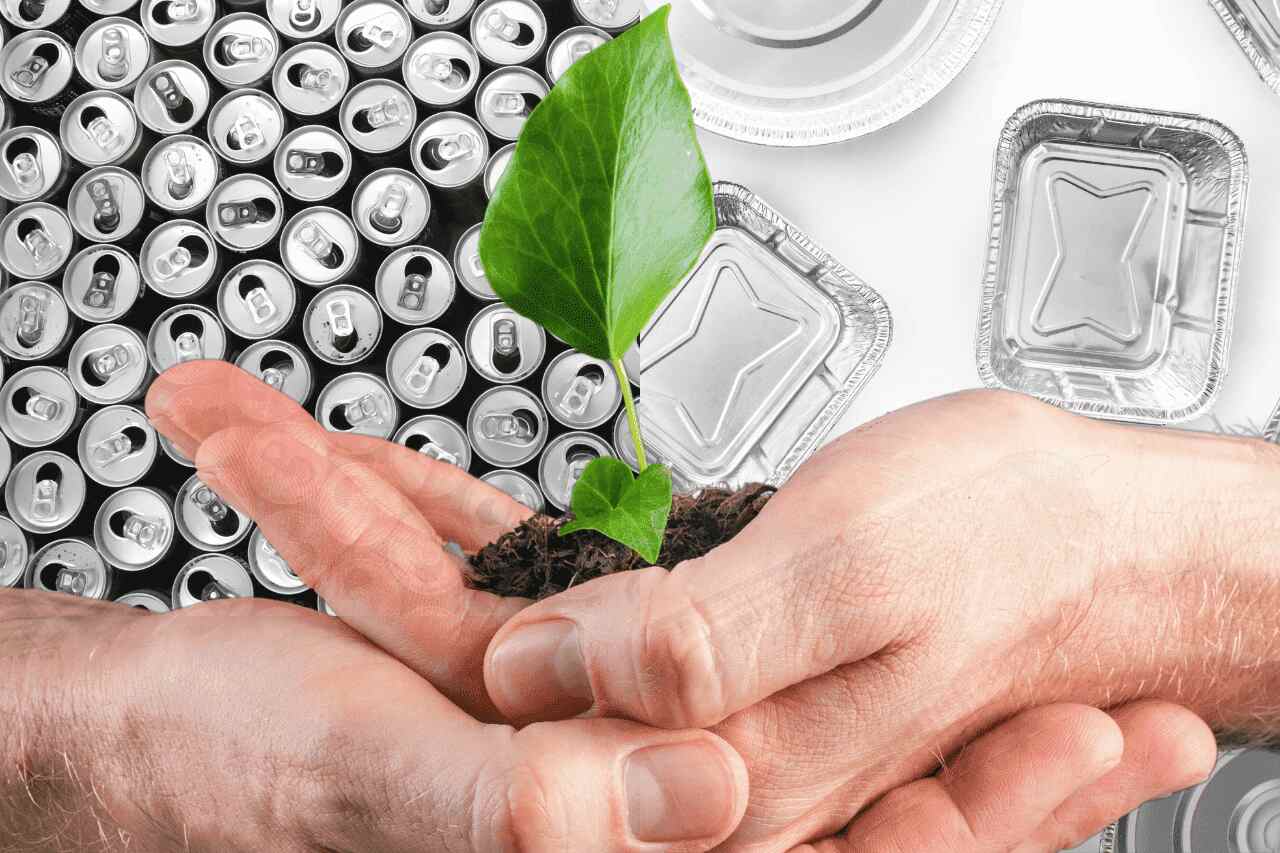In recent years, the global spotlight has turned towards sustainable living and environmental conservation. One of the significant contributors to environmental issues has been single-use plastics, which have littered our oceans and landscapes. Thankfully, a promising alternative has emerged – aluminum packaging. While aluminum packaging presents lots of opportunities and options for environmental sustainability, we have to be ready for its challenges too.
The Rise of Aluminum Packaging
Aluminum packaging has gained popularity among companies and manufacturers for several compelling reasons. First and foremost, it’s lightweight, impermeable, thermally conductive, flexible, and durable. These qualities make it an excellent choice for packaging various products. Furthermore, aluminum is infinitely recyclable, making it an optimal sustainable packaging option for companies dedicated to reducing their carbon footprint.
Comparing Carbon Footprints
According to a report by Ball Foundation, it is reported that the carbon footprint of an aluminum can is less than half that of a PET (Polyethylene Terephthalate) bottle and less than a third of a glass one. This significant reduction in carbon emissions makes aluminum packaging an attractive choice for companies looking to demonstrate their commitment to environmental preservation. For example, industry giants like Coca-Cola and PepsiCo have also pledged to reduce plastic waste by incorporating more aluminum packaging into their product lines, adding products such as aluminum-canned water.
Recycling Aluminum: The Key to Sustainability
The primary environmental benefit of aluminum packaging lies in its recyclability. Unlike most food-grade plastics, aluminum can be recycled indefinitely without a significant reduction in quality. In fact, nearly 75% of all aluminum ever produced is still in use today, a remarkable statistic when compared to the mere 9% of plastics that have undergone recycling.
Aluminum recycling is relatively straightforward and energy-efficient, with lower recycling costs and reduced carbon emissions compared to plastics. It doesn’t require complicated sorting processes, making it an eco-friendly choice.
The Challenge: Virgin Aluminum Production
While aluminum packaging helps reduce the demand for single-use plastics, it introduces a new challenge – an increased demand for virgin aluminum. The production of new aluminum is energy-intensive and environmentally destructive, resulting in harmful byproducts and liquid waste that can pollute the environment.
To harness the sustainable potential of aluminum packaging fully, companies must prioritize recycled aluminum over virgin aluminum in their production processes.
Recycling Aluminum Wastes
One common type of aluminum container is the soda can. Also with the busy lifestyle of most families these days, there is a growth in the number of takeout meals per week and more and more restaurants are using aluminum containers. In the recycling process, cans and food containers are shredded, sorted, and melted down, with the molten metal used to create new cans and containers. This efficient process can produce millions of new products in a relatively short time. However, not all of these wastes end up in recycling bins, leading to millions of dollars’ worth of aluminum ending up in landfills each year. Addressing this issue requires not only promoting aluminum packaging but also establishing robust recycling infrastructure.
The Future of Aluminum Packaging
Aluminum packaging represents a significant step towards sustainability, but it’s not the ultimate solution on its own. For it to be truly eco-friendly, the industry must prioritize the use of recycled materials and invest in recycling infrastructure.
Aluminum packaging serves as a powerful symbol of the broader shift towards environmentally conscious practices. It emphasizes the importance of considering a product’s entire lifecycle and encourages consumers and businesses alike to make greener choices.
In the quest for sustainable packaging solutions, aluminum shines as a promising option
Its recyclability, lower carbon footprint, and versatility make it an appealing choice for companies and consumers dedicated to preserving our planet. However, the key lies in ensuring that recycled aluminum becomes the industry norm, reducing the demand for virgin aluminum and ultimately contributing to a greener and more sustainable future.

